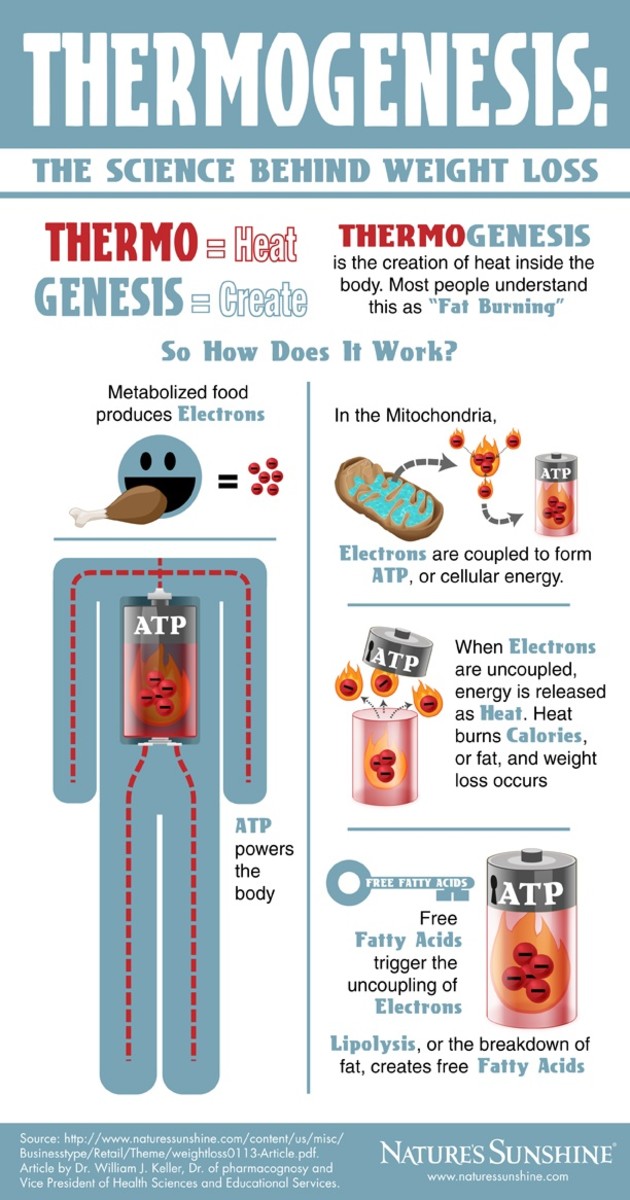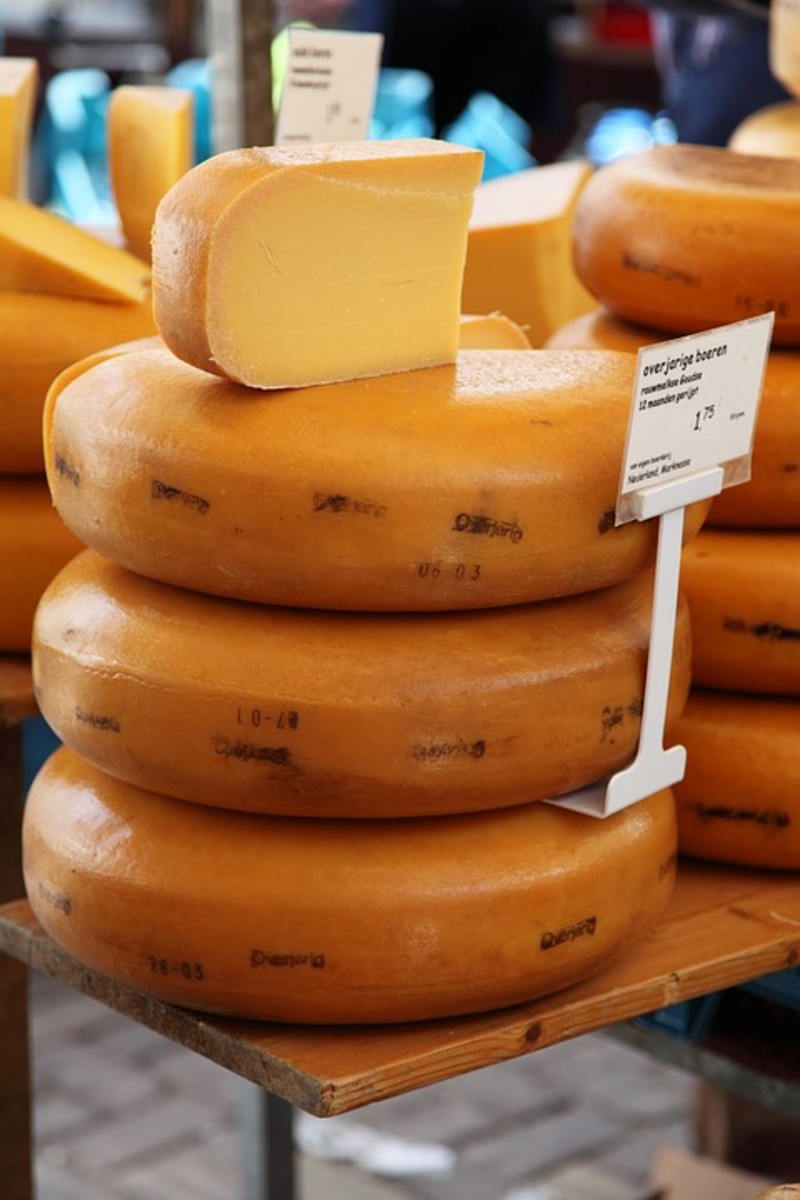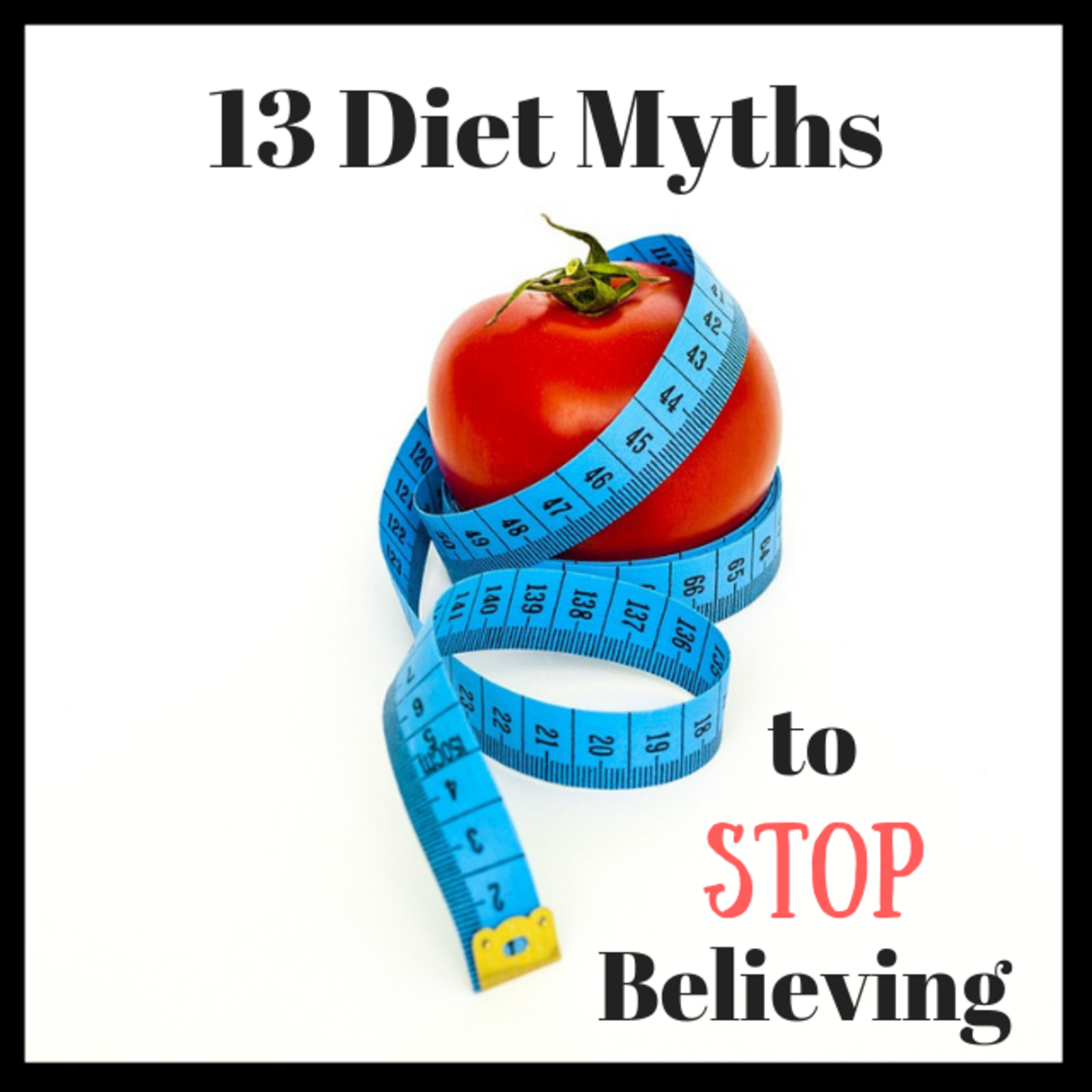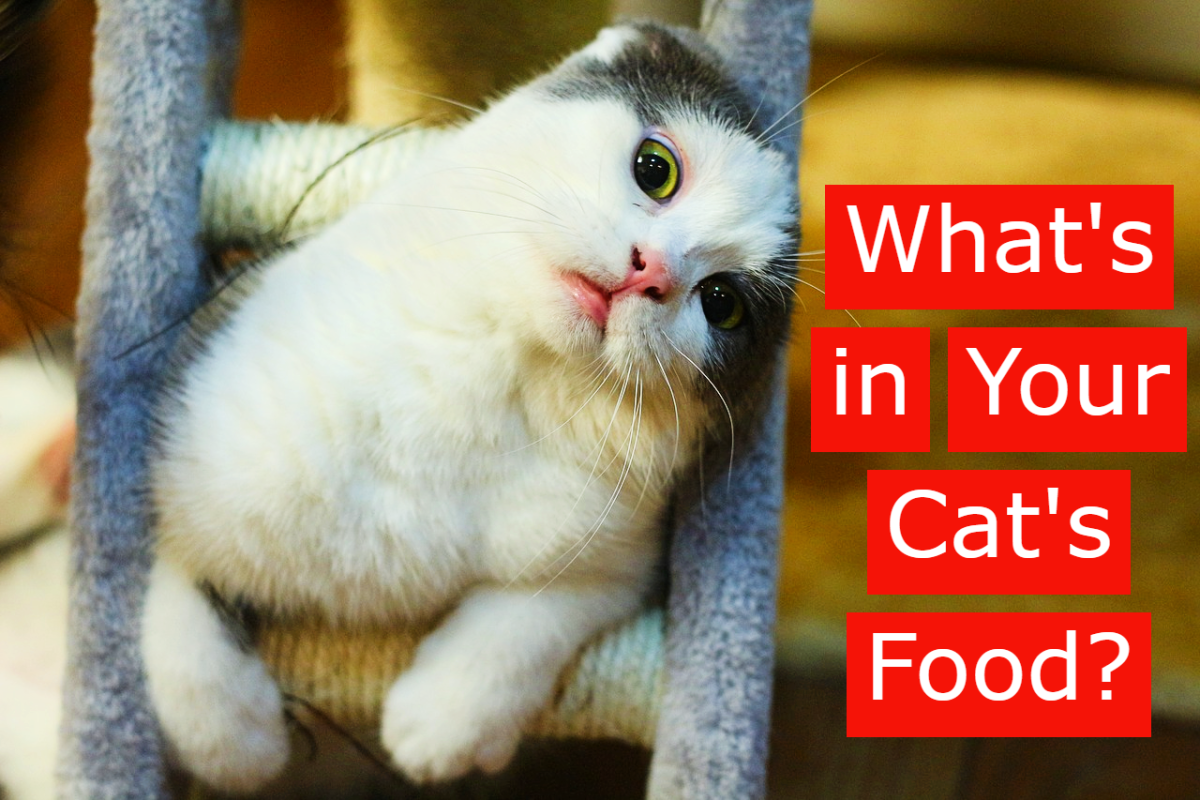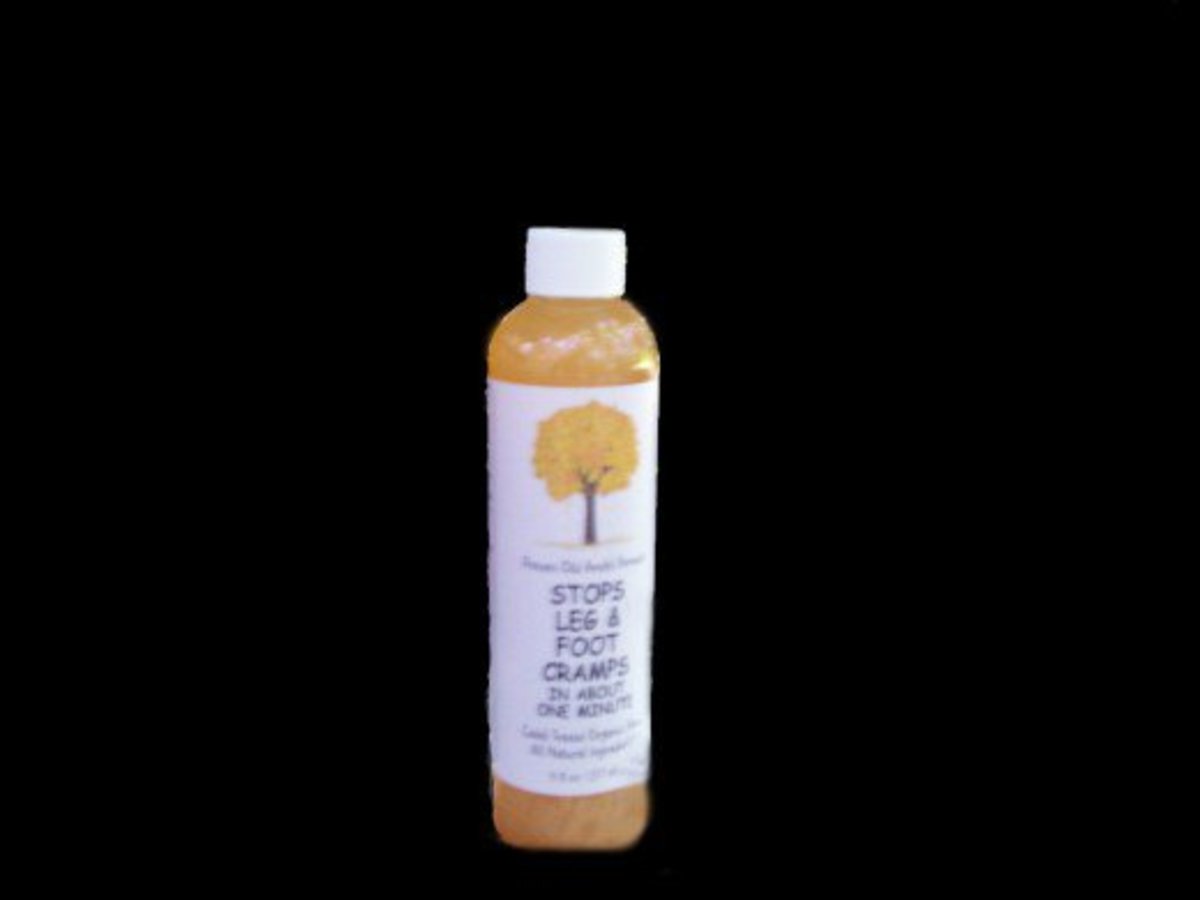The Truth About Fat
We all know the hidden dangers of fat. It has been linked to fatal diseases such as heart disease, cancer, and high cholesterol. Did you know that America consumes 70 lbs a year of sugar and 6 lbs of salt? We consume 60,000 calories from cheese alone. This is a startling information considering that this nation is often fighting the battle of the bulge.
Doctor Oz and Michael Moss, an Investigative Journalist from the New York Times and the author of Salt, Sugar, Fat had a lengthy discussion on fat. According to Moss, fat has twice the energy kick of sugar. Food manufacturers increase the input of fat in our food because it helps preserve the food that we eat for months. Why do manufacturers add too much fat on our food if too much of it could be dangerous? Fat doesn't have taste as opposed to salt and sugar. But fat increases the attractiveness of the product. Moss coined the term "mouthfeel" to describe the sensation we feel when we bite into a cheesy and mouth watery sandwich. Fat can turn chips crispy and bread into a silky and smooth texture. Food experts compare foods in high fat to tobacco smoking and narcotics because people get addicted to it. Fat is twice as powerful and sends signals to the brain to compel us to overeat.
Two brain images were shown on the screen to show how fat works in the brain. The first image was a brain that is addicted to sugar. It has a yellow spot in one of the corners of the brain. That yellow spot is what they call the basic pleasure center of the brain that sends impulses to the brain to satisfy our cravings. The second image shows a brain that is high on fat. There was a yellow spot on the corner and the image looks almost the same as the first image. You won't be able to tell the difference because we are fooled to think that only sugar is addictive. Little did we know that fat is as addictive as sugar.
According to Moss, food companies add more fat for consumers to want and buy their products. They earn more profit by tempting the consumer to eat more. Some ingredients give us a high dose of fat. One of the ingredients is cheese. This is considered the single culprit of fat in our diet. Cheese comes in different varieties found in groceries. Some of them are shredded or cubed prompting the consumer to add chees in our diet.
The reason why food manufacturers don't cut back the amount of fat in the food that we eat is because it lowers the texture, the appeal, and the attractiveness of the food. It alters the taste of the product. Dr. Oz reached out to the Grocery Manufacturers Association to air their side on the issue. They gave a statement saying "In the last decade, we have introduced more than 20,000 new product choices with fewer calories, reduced fat, sodium, and sugar. This includes the elimination and reduction of saturated fat in more than 6, 600 product choices and an overall reduction in trans fat."
What should the consumers do to avoid more fat in our system. Moss said that we should be careful with the center eye level aisle of the grocery because that's where they put maxed out foods that are high in fat content. Be wary of foods that contain 4 or 5 grams of saturated fat. The better alternative is to eat more protein because it will fill you in and avoid having a "mouthfeel".
Doctor Oz mentioned that we are hardwired to eat fat. We should avoid food labels that say "low fat" because they don't work. Because when you adulterate the taste of the food, they add some ingredients to make up for the difference in taste. We have to cut back on fat. For example when we eat cheese, eat the cheese by itself. Don't add crackers or bread. Savor the taste then break that cycle. An example is to eat more protein, water, or wine. You can eat cheese with wine but only to a minimum.
It's tempting to resist fat. Who doesn't want their food to taste good and savory? But we can't compromise our health by consuming fat more than we should. We could add healthier alternatives to our diet to keep hunger at bay.


